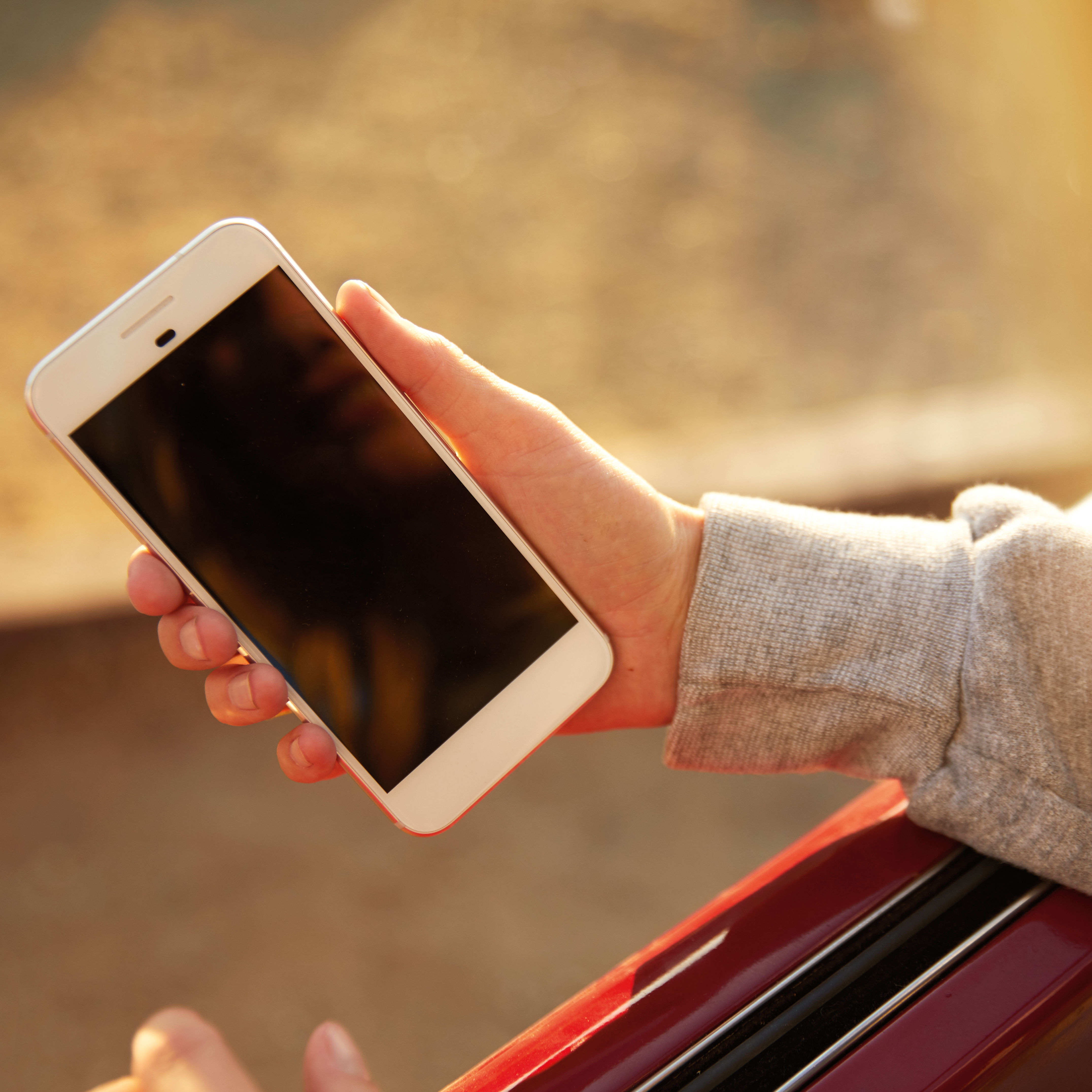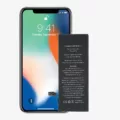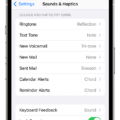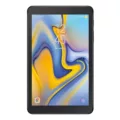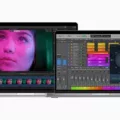Tablets have become increasingly popular in recent years, and for good reason. They offer a larger screen compared to phones, making them ideal for media consumption. Whether you want to watch movies, play games, or browse the internet, tablets provide a more immersive experience.
One advantage of tablets is their versatility. By pairing a tablet with a wireless keyboard, you can approximate the functionality of a laptop, making it easier to get work done on the go. This is particularly useful for those who travel frequently or need a portable device for work-related tasks.
In terms of portability, tablets strike a balance between phones and laptops. They are more portable than most laptops, making them easier to carry around. However, they are still bulkier than phones, so they may not fit in your pocket as easily. Nevertheless, tablets are still highly portable and can be taken almost anywhere you go.
Now, let’s address the question of whether a tablet can be used as a phone. The answer depends on the type of tablet you have. If you own an Android tablet that is WiFi-only, it does not have an associated phone number. On the other hand, Android tablets that connect to a wireless services provider using 4G or 3G have an associated phone number. This is because the provider sets up their accounts in such a way that the tablet is treated as a phone.
For those with tablets that have an associated phone number, it is possible to make voice calls using apps like Verizon Messages (Message+). These apps allow you to make and receive calls on your tablet and even on your smartwatch, using your smartphone’s mobile number. Calls can be made over Wi-Fi or your cellular network, giving you the flexibility to stay connected wherever you are.
Tablets offer a range of advantages in terms of media consumption and portability. They can bridge the gap between laptops and phones, providing a larger screen for enhanced multimedia experiences. While not all tablets can be used as phones, those with cellular connectivity can serve as a convenient alternative for making voice calls. So, if you’re considering a tablet, weigh the pros and cons and choose one that suits your needs and preferences.
Why Use a Tablet Instead of a Phone?
Tablets offer several advantages over phones when it comes to media consumption. Firstly, tablets typically have larger screens, providing a more immersive and enjoyable viewing experience for videos, movies, and gaming. The increased screen real estate allows for better visibility and detail, enhancing the overall entertainment value.
Moreover, tablets can be paired with a wireless keyboard, enabling users to perform tasks that require a more extensive typing experience. This functionality approximates the convenience of a laptop, making tablets a suitable option for individuals who need to work on the go. Whether it’s writing emails, creating documents, or browsing the web, a tablet with a keyboard can provide a more productive environment compared to a phone.
In terms of portability, tablets strike a balance between phones and laptops. While they are not as pocket-friendly as phones, they are more compact and lightweight than most laptops. This makes tablets easier to carry around, enabling users to enjoy media and perform tasks wherever they go without the bulkiness of a laptop.
Tablets offer a compelling option for individuals seeking a device that excels in media consumption, provides productivity features, and offers a balance of portability and screen size.
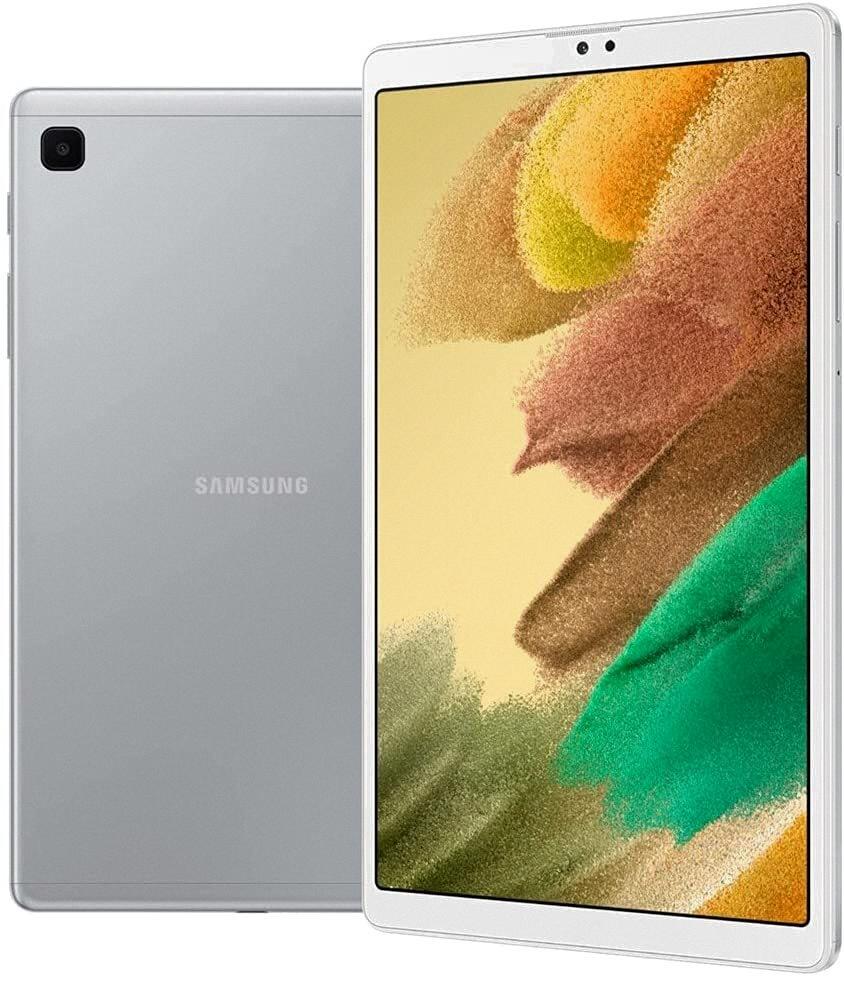
Do Tablets Require a Data Plan?
Tablets do require a data plan if you want to access the internet or use online features when you are not connected to Wi-Fi. A data plan allows your tablet to connect to the internet using cellular networks, similar to how a smartphone does.
Here are a few key points to consider:
1. Purpose of a data plan: A data plan provides you with internet connectivity on your tablet when you are away from Wi-Fi networks. It allows you to browse the web, check emails, use social media, stream videos, and access other online services.
2. Different types of data plans: Just like with smartphones, there are various data plans available for tablets. These plans may differ in terms of data allowances, network speeds, and pricing options. You can choose a plan based on your usage needs and budget.
3. Cellular connectivity: Tablets with cellular capabilities have built-in cellular modems that allow them to connect to cellular networks. These tablets require a SIM card and a data plan from a mobile network provider to access the internet using cellular data.
4. Wi-Fi-only tablets: Some tablets are only Wi-Fi enabled, meaning they can only connect to the internet when Wi-Fi networks are available. These tablets do not require a data plan, but they won’t have internet access in areas without Wi-Fi unless you use a mobile hotspot or tethering from a smartphone.
5. Choosing the right data plan: When selecting a data plan for your tablet, consider factors such as data limits, network coverage, speeds, and pricing. It’s important to choose a plan that suits your needs and usage patterns to avoid overpaying or running out of data.
While tablets offer portability and versatility, they require a data plan if you want to access the internet or use online features when you are not connected to Wi-Fi. Choosing the right data plan will ensure that you can make the most of your tablet’s capabilities wherever you go.
Can You Use Your Verizon Tablet as a Phone?
You can use your Verizon tablet as a phone with the Verizon Messages (Message+) app. This app allows you to make and receive voice calls on your tablet using your smartphone’s mobile number.
Here are some key details about using your Verizon tablet as a phone:
1. App Compatibility: Make sure your tablet is compatible with the Verizon Messages (Message+) app. This app is available for both iOS and Android devices.
2. Voice Calls: With the app installed, you can use your tablet to make and receive voice calls. These calls can be made over Wi-Fi or your cellular network, depending on the availability and your preferences.
3. Mobile Number: When you make a call from your tablet, it will use your smartphone’s mobile number. This means that the person you are calling will see your mobile number as the caller ID.
4. Video Calls: In addition to voice calls, the Verizon Messages (Message+) app also supports video calls. However, video calls are only available on compatible tablets and require a Wi-Fi connection.
5. Smartwatch Compatibility: If you have a compatible smartwatch, you can also use the Verizon Messages (Message+) app to make and receive voice calls on your smartwatch. Again, these calls will use your smartphone’s mobile number.
Using your Verizon tablet as a phone is possible with the Verizon Messages (Message+) app. It provides a convenient way to make and receive voice calls, and even video calls on compatible tablets.
Conclusion
Tablets are versatile devices that offer a range of benefits for media consumption and productivity. With their larger screens, tablets provide a better experience for watching videos, reading books, and browsing the internet compared to smartphones. Additionally, tablets can be paired with wireless keyboards to mimic the functionality of a laptop, making them convenient for on-the-go work.
While tablets are not as portable as smartphones, they are more portable than most laptops, making them a great option for those who need a device that can be easily carried around. However, it’s important to note that WiFi-only tablets do not have an associated phone number, while tablets that connect to a wireless services provider using 4G or 3G will have an associated number.
To make the most of a tablet’s potential and enjoy its features in places without WiFi, it is recommended to have a data plan. This will allow for internet access and the ability to make and receive voice calls using the tablet’s mobile number. With the right setup, tablets can truly be portable powerhouses that bridge the gap between laptops and smartphones.

